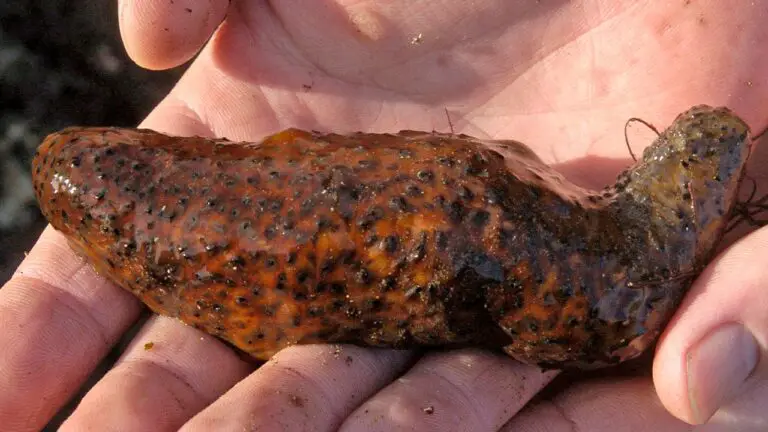Guilty Plea by Wildlife Traffickers for Illegally Importing Endangered Sea Cucumbers
In a federal court in California, two wildlife traffickers, Zunyu Zhao and Xionwei Xiao, have admitted to illegally bringing in endangered sea cucumbers from Mexico. These peculiar marine creatures are valued in China for their culinary, medicinal, and reputed aphrodisiac properties.
Charged with conspiracy and illegal importation, the traffickers imported over $10,000 worth of brown sea cucumbers between 2017 and 2019. They are scheduled to receive their sentences in September and November.
The specific source of the sea cucumbers remains undisclosed. However, it’s believed that these creatures were taken from the ocean. The two traffickers were caught with the smuggled sea cucumbers as they crossed into the United States from Mexico at Calexico. As part of the consequences, both Zhao and Xiao will provide restitution to Mexico’s environmental protection agency. The potential penalty for their actions could be up to 25 years in prison.
After the sea cucumbers were seized at the border, investigators discovered text messages and images exchanged between Zhao and Xiao relating to the illegal transactions. The confiscated sea cucumbers are currently held as evidence by the California Department of Fish and Wildlife.
Acting U.S. Attorney Andrew R. Haden emphasized the importance of marine biodiversity and conservation in a statement. He stated that his office is fully committed to investigating and prosecuting those who engage in poaching protected species, ensuring restitution is pursued, regardless of the species in question.
Sea cucumbers, relatives of sea stars and sea urchins, can reach lengths of up to 7 feet. Brown sea cucumbers, characterized by their warty, smooth bodies, can grow up to 2 feet. These creatures play a vital role on the ocean floor, functioning as natural vacuums that help break down particles, contributing to the ocean’s nutrient cycle.
Although the destination of the smuggled sea cucumbers remains undisclosed, a thriving black market often channels them to China, where they are highly regarded as a delicacy. They are commonly enjoyed dried or fresh and are cooked with fish, vegetables, and traditional sauces. Additionally, they are believed to possess medicinal properties, including pain relief and anti-inflammatory effects, with some scientific validation. They also hold a reputation as an aphrodisiac.
However, the brown sea cucumber, scientifically known as Isostichopus fuscus, is facing overfishing issues, necessitating stricter regulations on their harvest. While harvesting sea cucumbers is permitted in various regions, including the United States, it is subject to specific quantities and seasonal limitations. In the case of Zhao and Xiao, they lacked the necessary permits and documentation for their actions.
This incident reflects a broader problem of illegal wildlife trafficking. In past cases, significant sums of money were associated with smuggling sea cucumbers, indicating the lucrative nature of this trade. It’s imperative to address these issues to protect marine ecosystems and biodiversity, as underscored by Manisa Kung, an agent for the U.S. Fish and Wildlife Service Office of Law Enforcement.

